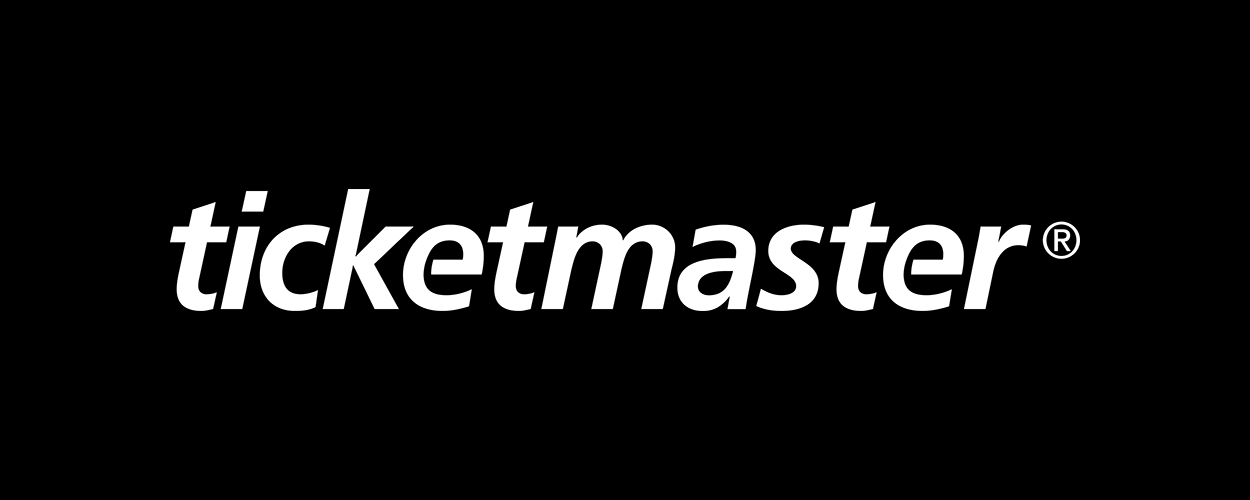This website uses cookies so that we can provide you with the best user experience possible. Cookie information is stored in your browser and performs functions such as recognising you when you return to our website and helping our team to understand which sections of the website you find most interesting and useful.
Business News Legal Live Business
Live Nation and Ticketmaster argue another lawsuit should go to arbitration – not least because its new arbitrator is better
By Chris Cooke | Published on Monday 14 March 2022

Live Nation and Ticketmaster in the US are again seeking to force a lawsuit filed against them into arbitration. This has been the live giant’s response to a number of lawsuits Stateside, including some relating to COVID refunds, and others regarding more general grievances with the Live Nation ticketing platform.
The argument goes that when people buy tickets from Ticketmaster they sign up to the company’s terms and conditions which clearly state that any subsequent disputes should be taken to private arbitration rather than being pursued in public through the courts.
That argument was put to the test in 2020 in relation to a class action lawsuit filed by Olivia Van Iderstine and Mitch Oberstein which claimed that Live Nation and Ticketmaster abused their market dominance to charge “extraordinarily high fees” for tickets.
When Live Nation tried to force the dispute to arbitration, legal reps for Iderstine and Oberstein argued that the live firm buries things like the arbitration obligation on its ticketing websites in the middle of a load of hard-to-find tedious legalese, and therefore that obligation should not be binding. However, last year the judge overseeing that case nevertheless sent to matter to arbitration.
That’s relevant to the latest dispute that Live Nation wants bounced out of court. The company is facing another lawsuit that accuses Live Nation and its ticketing business of colluding to monopolise the US ticketing market. In fact, so similar are the claims in this lawsuit to those made in the Iderstine and Oberstein litigation, says Live Nation, it should be a given that this case is also handled via the arbitration system.
In a legal filing last week, the live giant stated: “This case is identical to another case that this court sent to arbitration less than six months ago. It is brought by the same plaintiffs’ counsel. The allegations are the same. The putative classes are the same. The claims are the same. Indeed, the complaint in this case is a nearly word-for-word copy of the [Iderstine and] Oberstein complaint. Why, then, are we here – yet again – and not in arbitration?”
Lawyers working for the plaintiffs on the new case have sought to distinguish it from the earlier lawsuit on that basis that – between that one being filed and this one being filed – Live Nation changed its chosen arbitrator. It previously used an entity called JAMS, but now uses New Era ADR. And, the lawyers argue, New Era ADR employs a different approach to arbitration than JAMS which is entirely “one-sided” in Live Nation’s favour.
That’s not true, Live Nation argued in its legal filing last week. Indeed, New Era ADR is a new arbitrator that is better set up to deal with complaints that involve many complainants, such as in class actions like this one. And that’s increasingly important because multi-party complaints of this kind are more common than they used to be – in part, Live Nation added, because of the efforts of lawyers like the ones working on this lawsuit.
Live Nation argued: “JAMS’s rules and procedures are designed for traditional, one-off arbitrations – for example, where one consumer brings claims against a company in a standalone case. But there is a new and increasingly common trend in arbitration: mass individual arbitrations, in which hundreds or thousands (and sometimes tens of thousands) of individual, but otherwise identical, claims are brought in arbitration”.
“Keller Lenkner, plaintiffs’ counsel in this case, pioneered this strategy”, it went on, “starting first with mass numbers of employment claims, and expanding more recently to mass numbers of consumer claims. JAMS, however, does not have any rules or procedures in place for mass individual arbitrations, employment or consumer”.
“How will thousands of individual arbitrations be administered and actually arbitrated – and on what timeline? How will arbitrators for so many cases be appointed? How will discovery be conducted? Will there be a process to avoid inconsistent rulings on common issues? What fees should be assessed when there are thousands of nearly identical claims?”
“There are no rules or procedures in place to answer these questions”, it argued. “As a result, the parties involved in mass individual arbitrations end up embroiled in contentious negotiations over how to conduct discovery and arbitrate the claims, over the number and type of arbitrators, and over whether the typical fees should be modified”.
“Those negotiations can last for months, even years”, it continued. “Adjudication of claims on the merits is, at best, delayed and sometimes never occurs at all”. Therefore, it concluded, a new kind of arbitration was required and “New Era, founded in 2020, stepped in to fill the void”.
So, actually, New Era is better placed to arbitrate disputes like this one, Live Nation reckons, and therefore the court should just speedily kick the whole matter to arbitration so that that process can get underway. We await to see if the court agrees.





